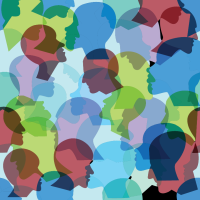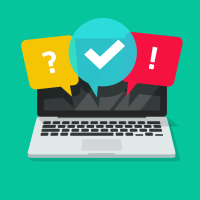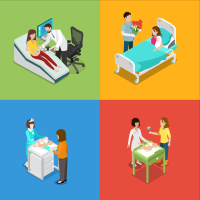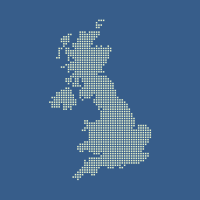People with prosopagnosia often rely on context, mannerisms or voice, rather than faces, to recognise others, and so do not realise that they’re working that much harder than others who can recognise faces automatically and effortlessly. It may be quite a revelation to hear that face blindness is a recognised neurological condition.
“In the past I always believed I failed to recognise people because I was insensitive, inattentive, lazy, self-obsessed and stupid. Being diagnosed has therefore been emotional yet amazingly liberating”.
The first and often most reliable diagnostic tool is your own experience, but for some people a more formal diagnosis is important. Indeed recent studies suggest symptoms may be a more reliable guide than traditional face recognition tests.
There are two main approaches to diagnosis:
- Identifying typical characteristics, experiences and behaviours
- Testing face recognition skills
Symptoms
Diagnostic Tests
For people who have had difficulty recognising faces all their lives, learning that this is a neurological condition and hearing that others have similar experiences, can be the gateway to a new understanding and a revised, more positive sense of Self. In a podcast in 2019, Brad Duchenne described this as the “prosopagnosic epiphany”!
Remember, if you think you are face blind, don’t worry – you are not alone! It is estimated that over 2% of the population have prosopagnosia. You can join other prosopagnosics by becoming a member of Face Blind UK, and perhaps take up the opportunity to sign up to one of our Zoom Meetings.






